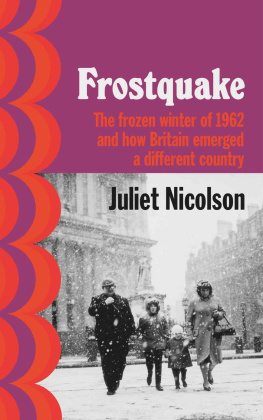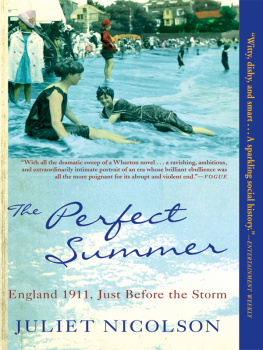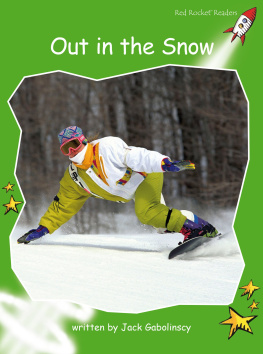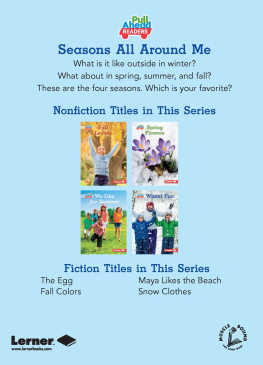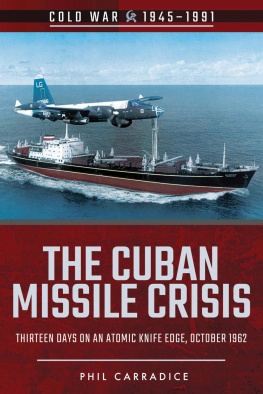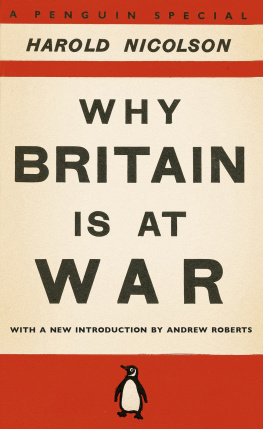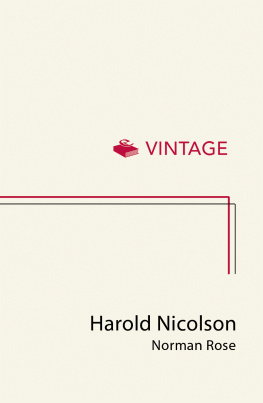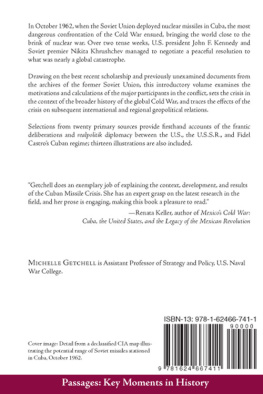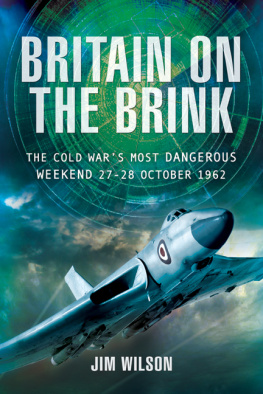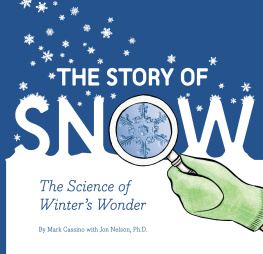
Juliet Nicolson
FROSTQUACKE
The frozen winter of 1962 and how Britain emerged a difficult country

Contents
About the Author
Juliet Nicolson is the author of two works of history, The Great Silence: 19181920 Living in the Shadow of the Great War and The Perfect Summer: Dancing into Shadow in 1911 ; and a family memoir, A House Full of Daughters . She lives with her husband in East Sussex, not far from Sissinghurst, where she spent her childhood.
BY THE SAME AUTHOR
The Perfect Summer
The Great Silence
Abdication
A House Full of Daughters
For Charlie, my BH. And for my beloved daughters Clemmie and Flora.
List of Illustrations
All photos and images, unless otherwise stated, are the copyright of the author.
Plate Section I
Presenters of That Was the Week That Was ( PA Images)
Private Eye cover, Christmas 1962 ( Private Eye Magazine)
The Private Eye editorial team ( Private Eye Magazine)
A sign indicating a public toilet for gentlemen in the City of Westminster is open all night, 1960s ( Allan Cash Picture Library / Alamy Stock Photo)
Juliet, Philippa, Adam, Nigel and Harold Nicolson at home at Sissinghurst, 1962 ( Edwin Smith RIBA Collections)
Frozen sea, Herne Bay, Kent, 1962
Sissinghurst in the snow
The River Thames frozen over, January 1963 ( John Hopkins)
Cardiff in the snow, January 1963 ( Mirrorpix Reach Licensing)
The Lady Falls, Wales, January 1963 ( Mirrorpix Reach Licensing)
A milkman delivering his round on skis, Earls Court, January 1963 ( Express / Stringer)
Trafalgar Square, January 1963 ( Trinity Mirror / Mirrorpix / Alamy Stock Photo)
Bob Dylan at the Singers Club, London, December 1962 ( Brian Shuel)
Harold Macmillan and John F. Kennedy, Nassau, the Bahamas, 1962 ( Don Pinder)
Mick Jagger and Chrissie Shrimpton, February 1963
The Rolling Stones playing at the Crawdaddy Club, Richmond, July 1963 ( Phil, the Beatles Bible blog)
Penelope Fitzgerald, London ( Geoff A. Howard / Alamy Stock Photo)
Vanessa, monkey, Adam and Juliet, January 1963 ( Vanessa Nicolson)
Shirley Punnett
Harold Wilson and Hugh Gaitskell, 1960 ( KEYSTONE Pictures USA / Alamy)
Irton Hall, Cumbria
Ettie Evans, Carshalton ( Joanna Gardiner / Private Collection)
Plate Section II
Mary Quants shop Bazaar, London ( Sharok Hatami / Shutterstock)
Vidal Sassoon cutting Mary Quants hair ( Ronald Dumont / Stringer)
Dandy Kim Waterfield, February 1960 ( Keystone Press / Alamy Stock Photo)
The Beatles playing the Cavern Club, Liverpool, 1962 ( The Cavern Club / Cavern City Tours Ltd)
Helen Shapiro, John Lennon and Ringo Starr ( David Redfern / Staff)
John F. Kennedy, Madeleine Malraux, Andr Malraux, Jacqueline Kennedy, Lyndon B. Johnson, National Gallery of Art, Washington, DC, January 1963 ( US National Archives and Records Administration)
Sylvia Plath and Ted Hughes, Paris, 1956 ( Everett Collection Inc / Alamy Stock Photo)
Sylvia Plath with her two children, Frieda and Nicky ( Siv Arb / Writer Pictures)
The Beatles gig at Oldhams Astoria Ballroom, February 1963 ( Oldham Evening Chronicle)
Eugene Ivanov ( Hulton Deutsch / Contributor)
Stephen Ward, Christine Keeler and two of her friends at Spring Cottage, Cliveden
Peter Rachman
Johnny Edgecombe ( Mirrorpix / Reach Licensing)
Aloysius Gordon, March 1963 ( Trinity Mirror / Mirrorpix / Alamy Stock Photo)
The Flamingo Club, Soho, London ( Jeremy Fletcher / Contributor)
Cliveden swimming pool ( Uncredited / AP / Shutterstock)
Mandy Rice-Davies and Christine Keeler, July 1963 ( Keystone Press / Alamy Stock Photo)
John Profumo, June 1963 ( Ron Case / Stringer)
Mandy Rice-Davies, July 1963
Police and protestors outside the House of Commons, March 1963 ( Keystone Press / Alamy Stock Photo)
Juliet, Harold, and Philippa Nicolson with Juliet and Adams sister Rebecca, Sissinghurst, April 1963
Every effort has been made by the publishers to trace the holders of copyright. Any inad-vertent omissions of acknowledgement or permission can be rectified in future editions .
Frostquake n. a seismic event caused by a sudden cracking action in frozen soil. As water drains into the ground, it may freeze and expand, putting stress on its surroundings. This stress builds up until relieved explosively in the form of a frostquake.
In the dark time of the year. Between melting and freezing The souls sap quivers.T. S. Eliot, Little Gidding, Four Quartets Well, I know now. I know a little more how much a simple thing like a snowfall can mean to a person.Sylvia Plath
Introduction
The winter of 19623 was one of the coldest Britain has ever known. After a week of catastrophic, lung-clogging smog in early December in which many hundreds of people lost their lives, snow began to fall on Boxing Day 1962 and did not stop for the next ten weeks. With blizzards, treacherous ice and temperatures lower than -20C, the winter of 1962 was even colder, longer and more life-impacting than the remarkable winter of 1947. At times the entire country was paralysed. Aeroplanes were grounded. Trains, lorries and cars came to a halt. Bicycles, tractors and even snowploughs failed to make their way through huge wind-swept drifts. Animals and birds struggled to survive. Food was rationed. Many, especially the elderly, found themselves confined to their homes. Schools were closed. Families were separated, unable to travel to see each other in such exceptional weather.
For many of those who had fought in or lived through one or both world wars this interminable winter felt fearful, like the ending of a way of life, the loss of familiarity, of certainty, of the old way of doing things. And for those who had been hopeful about the new decade, a new beginning, a sloughing off of the old, the very real prospect of another and even more terrifying world conflict was starting to shake their optimism. When John F. Kennedy became President of the United States in 1961 he was warned that a nuclear war with Russia would probably kill a third of humanity, with most of those deaths concentrated in the USA, the Soviet Union, China and Europe. Even after Kennedys negotiations with the Soviet Union leader Nikita Khrushchev in October 1962 had defused the Cuban Missile Crisis, the nuclear threat and the fragility of world peace continued to monopolise domestic and international agendas as well as private thoughts and terrors.
The winter crystallised a growing tension between the old and the new. Although a December 1962 Gallup poll found that sixteen to eighteen year olds considered Winston Churchill, who had just celebrated his eighty-eighth birthday, to be Britains most respected adult, this loyalty to the old ways was an exception. In his 1959 novel Absolute Beginners , Colin MacInnes describes the divide between teenagers and those referered to as squares by the eighteen-year-old unnamed hero. Every time I open a newspaper or pick up a paperback, he says, with scorn in his voice, I hear nothing but war, war, war. You pensioners certainly seem to love that old, old struggle.
Wherever possible, post-war Britain was trying to catch up with the pacy, modern, convenient world we saw across the Atlantic. As the old industries of steel and shipping declined and Victorian factories gave way to scientific advances, office blocks of shining glass and chrome were built in the rubble-filled spaces left by bombs that had dropped twenty years earlier. Ownership of television sets, refrigerators and other labour-saving gadgets was on the rise. John Bloom, opportunist and direct-mail marketer, cut out the middle-man shopkeeper and sold washing machines bought cheaply in Belgium directly to newly-weds and housewives. By 1962, at the age of thirty-one, Bloom had become a millionaire four times over. With a Rolls-Royce the colour of a black tulip, two yachts, a villa in the South of France, a flat in Londons Park Lane, a swagger and a neat little goatee beard, his marriage to Anne was celebrated in the Savoy Hotel. Two huge wedding cakes dominated the ceremony, one in the shape of a washing machine and the other a spin dryer.
Next page
